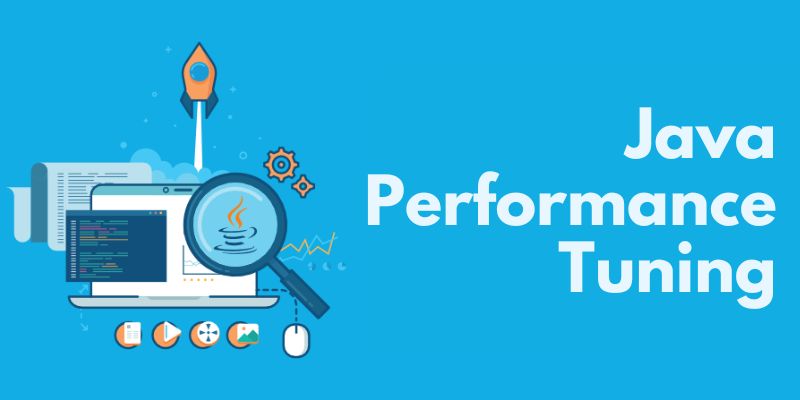What are the Fundamental Principles of Java Performance Tuning?
Java is a versatile and powerful programming language higly used for developing various applications, from web-based systems to mobile applications. However, as applications grow in complexity, ensuring optimal performance becomes crucial. Java performance tuning is optimizing Java applications to enhance their speed, responsiveness, and resource utilization. In this blog will discuss the Principles of Java Performance Tuning. To learn more about Java, You can go for Java Training in Chennai and build a robust skill-set working with the most potent Java tools and technologies to boost your big data skills.
Understanding Java Performance Challenges
Java applications face various performance challenges, such as memory leaks, inefficient algorithms, and suboptimal resource management. Identifying and addressing these issues is essential for creating high-performance applications. Memory management, garbage collection, and I/O operations are often the primary culprits affecting Java application performance.
Memory Management and Garbage Collection
Java’s automatic memory management through garbage collection is a significant advantage, but improper memory usage can lead to performance bottlenecks. Memory leaks, inefficient object creation, and inadequate garbage collection tuning can result in increased memory consumption and slower application response times.
Inefficient Algorithms and Data Structures
The choice of algorithms and data structures directly impacts application performance. Inefficient algorithms or inappropriate data structures can lead to slow execution times and increased resource usage. Profiling tools and analysis can help identify performance bottlenecks related to algorithmic inefficiencies.
I/O Operations and Resource Utilization
Input/Output operations, especially in file handling and database interactions, can significantly impact application performance. Inefficient database queries, poorly optimized file access, and excessive network requests can lead to performance degradation. Careful consideration of I/O operations and proper resource utilization is crucial for optimal performance. FITA Academy’s Java Online Course will help you learn effectively and clearly understand the concepts and curriculum.
Effective Java Performance Tuning Strategies
Addressing Java performance challenges requires a comprehensive approach that encompasses various aspects of application development and deployment. The following strategies can significantly contribute to enhancing Java application performance.
Use Profiling Tools
Profiling tools like VisualVM, YourKit, and Java Mission Control enable developers to analyze the runtime behavior of their applications. Profiling helps identify performance bottlenecks, memory leaks, and inefficient code segments. By pinpointing specific areas for improvement, developers can make informed decisions to optimize their code.
Tune Garbage Collection
Garbage collection settings play a vital role in managing memory efficiently. Adjusting parameters like heap size, garbage collection algorithms, and collection intervals can help minimize pauses and reduce memory consumption. Regular monitoring and tuning of garbage collection settings are essential for maintaining optimal performance.
Optimize Database Interactions
Efficient database interactions are critical for Java applications. Developers should optimize database queries, use connection pooling, and leverage caching mechanisms to minimize the impact of database operations on overall application performance. Additionally, indexing and proper schema design contribute to faster query execution.
Improve Multithreading and Concurrency
Java’s support for multithreading and concurrency allows developers to create responsive and scalable applications. However, improper use of these features can lead to performance issues, such as deadlocks and contention. Careful design and synchronization mechanisms can help achieve better parallelism without sacrificing performance.
Java performance tuning is an ongoing process, addressing challenges like garbage collection and database optimization. Profiling tools and strategic implementation enhance application speed, reduce resources, and meet modern demands. Staying updated is vital for developers delivering efficient software solutions. Finally, you enjoyed this blog and now understand everything about Java, including the Principles of Java Performance Tuning. Programming Courses In Chennai will help you grasp java concepts and learn practical applications with case studies and hands-on exercises.
Read more: Java Interview Questions and Answers
